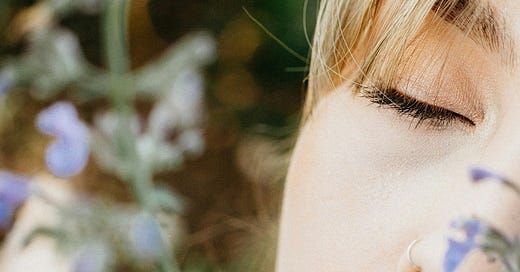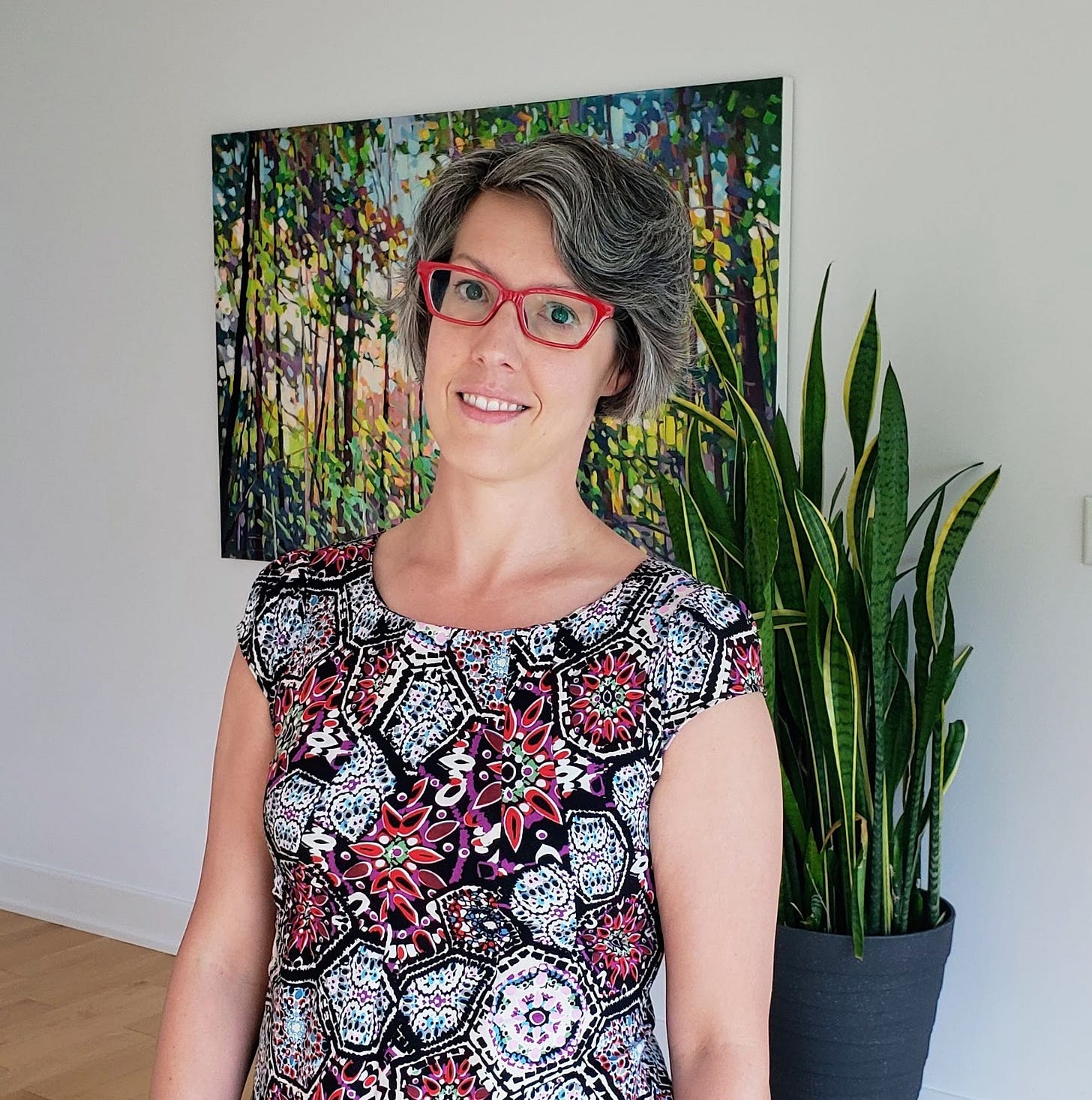Pioneering Radical Acceptance in Generational Autism with Julie M. Green
Find out what happened when her teen learned they share an autism diagnosis.
I’m thrilled to share insights with you from my conversation with Julie M. Green, a writer and artist who brings a wealth of experience and understanding as a late-diagnosed autistic woman, a mother, and an advocate for radical acceptance in parenting.
I recommend diving right into the podcast or video, but here’s a quick summary…
Introduction to Neurodivergence and Parenting
Julie begins by addressing the complex emotions tied to neurodivergence within her family:
"I think there's a little bit of blame. They enjoy certain aspects of their neurodivergence, but other elements are hard when they just want to be like peers."
Her words capture the duality of enjoying unique traits while confronting societal norms. The candid acknowledgment that some days are awesome while others suck paints a vivid picture of daily life in a neurodiverse family. Julie shares her own coping mechanisms, and how understanding and acceptance have become foundational in her parenting approach.
Fear & Pressure From “Autism Experts”
Reflecting on her early experiences with her child, whom she'll refer to as Carson, Julie reveals the intense pressure she felt, saying,
"The message back then was you have to do all the things, really quickly, because how they will turn out is all up to you."
This expectation was overwhelming and often masked the simple joy of connection. She candidly shares an anecdote from watching old videos, noticing her urge to "work" during playtime, driven by fear rather than enjoyment. "I feel like a pioneer when it comes to autism parenting," she says, noting the lack of resources and understanding that once prevailed.
Embracing Radical Acceptance
Over time, she learned to parent in a way that’s less about controlling outcomes and more about nurturing connections. Now, Julie focuses on letting the relationship with her teen flourish organically. "What I could control was the connection," she notes, highlighting a shift from anxiety-driven goals to nurturing relationships. For Julie, radical acceptance is about embracing her child and herself in all their uniqueness!
Unexpected Connections Through Shared Experiences
A story of musical improvisation reveals a spontaneous side of Julie’s parenting.
"My teenager and I harmonize to ‘(listen to hear their song).’ It’s such a nice way to relax before bed,"
she sighs. Simple shared experiences offer profound connections. Joining her teen in singing a duet brings happiness and strengthens their bond—a testament to the effectiveness of radical acceptance in their home.
The Diagnosis Process and Self-Discovery
Julie speaks intimately about seeking her diagnosis, a crucial turning point. It took nearly a decade for her to recognize similarities between her sensory sensitivities and those of her child.
Acceptance of her autism diagnosis has been a journey of self-discovery that has enriched her parenting approach. The diagnosis not only anchored her identity, it deepened her understanding of her own childhood.
Radical Acceptance and Connection in Autism Parenting
As we wrap up, Julie reflects on how her experiences have informed her advocacy for radical acceptance. She reminds us that each child's path is their own, filled with potential and growth beyond our imaginations.
Julie's forthcoming memoir, “Motherness: A Memoir of Generational Autism, Parenthood, and Radical Acceptance,” offers a beacon of hope for other parents navigating similar paths. She says,
"Not that I want to start all over again, but if there's one thing I could have, it would be knowledge and community."
This conversation is a reminder of the powerful impact of acceptance in nurturing our atypical kids, and in our self-awareness. Join us in forging a future that embraces all the beautiful complexities of neurodiversity.






